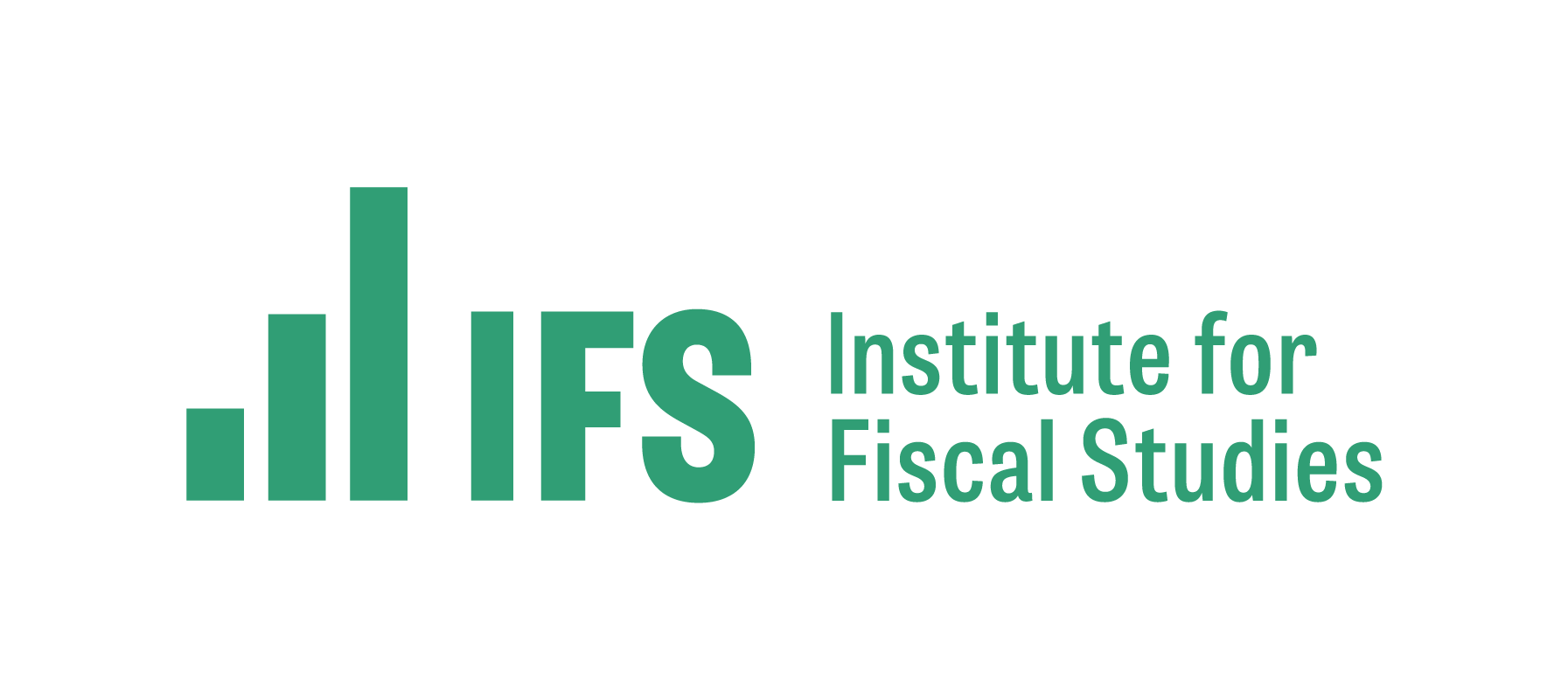To mark the BBC's coverage of the NHS's 70th birthday in July 2018, researchers from the Health Foundation, the Institute for Fiscal Studies, The King’s Fund and the Nuffield Trust have joined forces for the first time, using combined expertise to shed light on some of the big questions on the NHS.
The four organisations have been asked by the BBC to look at five key topics, covering the relative strengths and weaknesses of the health service, its funding, the state of social care, the public’s expectations of the NHS and the potential of technology to change things in future. This project and the reports we have produced are intended to inform the national conversation about the past, present and future of the NHS.
This report, the second in a series of five marking the BBC's coverage of the NHS's 70th birthday in July 2018, looks at social care.
More people in the UK work in social care than in the NHS, with social care representing 6% of total UK employment. However, the services and support delivered in social care are not well known. The public are increasingly aware of the pressures being faced by the NHS, but much less so about the challenges facing social care, and what that might mean if they or a family member develops social care needs.
Restrictions on public funding, coupled with growing demand as people live for longer, have led to a gap between reality and vision. All four UK countries are facing similar challenges, even though their social care systems differ. Users of social care, and their informal carers, are shouldering a great deal of these pressures, and there are increasing indications that unmet social care need is spilling over into health services.
Key findings from the report include:
- New polling suggests that the majority of the public (56%) think that individuals having to use their housing assets to pay for care is at least somewhat unacceptable, compared to 25% who think it is at least somewhat acceptable.
- Adult social care spending in the UK has fallen by 9.9% between 2009/10 and 2016/2017.
- An ageing population and younger adults with disabilities living longer are pushing up the cost of caring for older and disabled people, placing the social care system under huge strain. Based on current spending, a UK funding gap of £18 billion will open up by 2030/31.
Key findings on the impact of the funding gap for adult social care:
- In England the financial thresholds to access social care are 12% lower (in real terms) in 2018/19 than they were in 2010/11, meaning fewer people are now eligible for publicly funded social care.
- About 400,000 fewer adults received social care services in 2013/14 than in 2009/10, as local authorities have had to prioritise funding for people with the most severe care needs.
- The care home market is unstable. According to the Competition and Markets Authority (CMA), care homes that have more than 75% of local authority funded residents are most at risk of failure and a quarter of UK-wide care homes fall into this category.
- There was a 6.6% vacancy rate for the adult social care sector in 2016/17 and particularly high turnover rates for care workers.
- Informal carers continue to absorb the bulk of the pressure – 75% said they had not received any support or service which allowed them to take a break of between one and 24 hours from caring in the last 12 months.
- Cuts in local authority social care spending have led to increased use of A&E services by people aged 65 and over
Despite 12 green and white papers and five independent commissions over the last 20 years, successive governments have ducked the challenge of social care reform. People in need of care will continue to fall through the cracks of a social care system that is riddled with holes. Tackling the challenge of social care reform will require decisive political action and an appropriate funding settlement, and unless this happens, we will continue to have a system whose inadequacies undermine the NHS and leave many people without the care they need.
Partners


